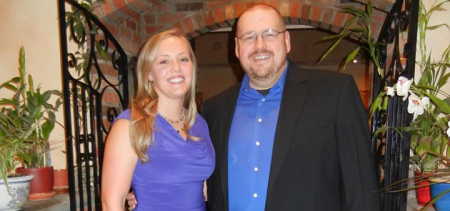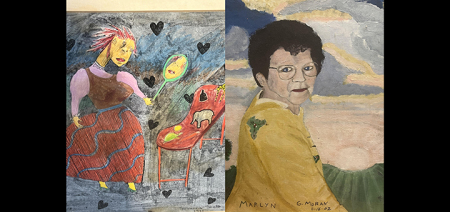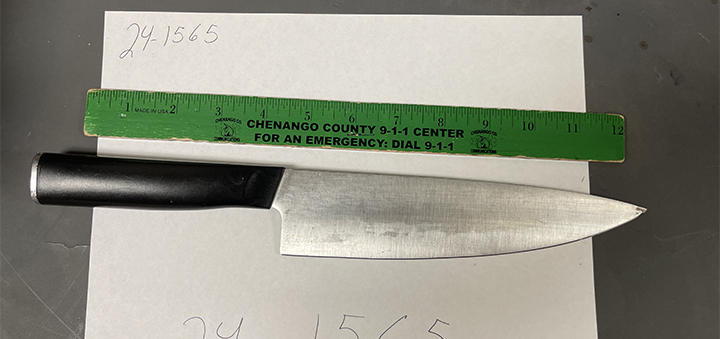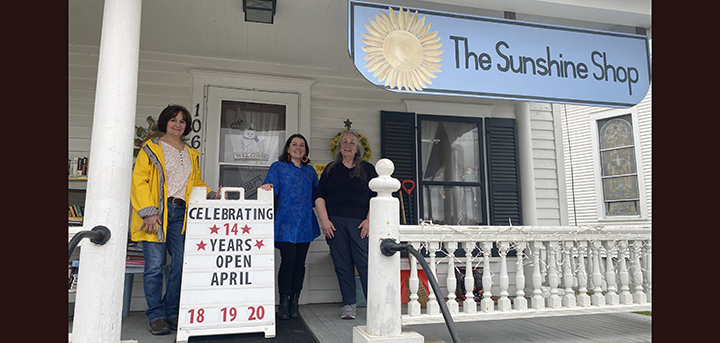150 Years Ago Today - Going To War
Published:
September 6th, 2012
Editor’s Note: Two of our readers, Mark Randall and James Flanagan, sent us pieces they’d written about the 150th anniversary of the departure of the 114th Regiment as they departed Chenango for the Civil War. Mr. Randall’s piece appears here; Mr. Flanagan’s appears on Page 20.
By Mark Randall
Correspondent
On September 6th, 1862 the newly established 114th New York State Volunteers went to war by their own particular mode of transportation. While all over the north, brand new regiments responded to President Lincoln’s call for 300,000 volunteers by climbing onto trains or marching to drums, in Norwich one thousand and fifteen men lined up outside the courthouse. Grouped into ten companies of 100 men each they listened to the farewell speeches and with a cheer each company filed on board their respective canal boat. As the sun was setting, the ten canal boats pulled by their respective beasts, started slowly on their way to Binghamton. As each boat passed under the bridge on South Main Street a thunderous cheer would go up, accompanied by many hats being thrown, fluttering handkerchiefs, and tearful smiles. Little boys walked along the towpath easily keeping up with the sedate pace of the boats which were filled to bursting with men on the roof and hanging out the sides. Families walked beside them as far as they could, unwilling to relinquish their last sight of their loved one.
The men were thankful that their new commander, Colonel Elisha B. Smith, had the foresight to arrange this kind of transportation, saving them a footsore march of thirty-eight miles. Their heavy haversacks were bursting with food packets, bibles distributed by the churches and “housewives,” little packets of needles and thread, whose loss on campaign was mourned more than their bible. Although seven of the companies were raised in Chenango and the other three came from Madison County many of these man had never ridden a canal boat before and they were as excited as little boys on this trip. For Moses and Stephen Delamarter of Company E it wasn’t that thrilling. They had operated canal boats from Greene for years and were known for being good men in a fight. Once when a bigger canal boat from the Lakes tried to cut in front of their boat at a lock, they jumped up and gave the operators a thrashing. Jack Chidester wasn’t impressed either. He had been a steeple painter in the county before taking his head for heights to enlisting as a sailor and climbing a ship’s rigging in many ports. He came home and enlisted in the regiment looking for another challenge. Later he was credited with saving the regiment during a storm with his seamanship skills. Galutia York of Company G thought of his farewell with his family. He had promised his mother that he would read his bible everyday and optimistically told his many siblings that since he was experienced with shooting crows with his shotgun he would shot a Reb for each of them. He was sorry that his sister, Irene, was mad at him and that they left on bad terms. He never had the chance to fire a musket in battle, as one of his comrades wrote home that disease is a better marksmen than the Rebs, and more likely to hit something vital. James Sherwood, a carpenter, had followed his older brother and signed on as a bugler, although he hadn’t ever played before. It turned out his skills were needed more for engraving wooden headboards and he became the designated carver for the regiment, leaving headboards throughout the South.
Many thought of the days in the previous month of their enlistment as they waited for marching orders. Initially discipline was lax as very few of them had any military experience but Col. Smith had to ban alcohol after Tom Jones became intoxicated and was thrown out of a Norwich hotel, breaking his leg. Another couple of men brawled in a drunken rage with one knocking out the other with a rock. The men were glad to get their signing bonuses and many of them designated 80 to 90% of their monthly salaries to their families. The government agents said no other regiment had ever earmarked such a high proportion of their pay to be sent to their families directly. The Sunday before they left, six hundred of the regiment attended the Baptist church and listened to Rev. Benedict, while the congregation sat in the gallerias. He pointed out the duty each soldier owed his country and told them to shun the evil which would be surrounding their camp.
James Stewart was sad to be leaving his beloved Em, as they married only seven days prior to his enlistment. Jerrie Allis was thrilled that his wife, Farrie, whom he hadn’t seen in three weeks since his enlistment came to see him for two nights before he left. They were two memorable nights and nine months later, almost to the day his son was born to comfort his wife. Palmer Holdridge didn’t want to leave his wife Catherine and his baby son. He was reassured that his parents who adopted him would raise his son if anything should happen to him, and they kept their promise.
For most of the men who hadn’t left wives and children behind, this was a great lark and adventure. Like most in the North they couldn’t envision the sacrifice and struggles ahead of them, but were confident of a quick victory. When a southern sympathizer made the mistake of yelling, “Three cheers for Jefferson Davis,” as the canal boats went by, the men jumped off the boats and dunked him three times in the canal. They laughed gloatingly over the fact they had wrung the necks of his geese and milked all his cows.
After training these green troops were sent South to receive their baptism by fire. They went on to earn the reputation as one of the fiercest regiments in the Union army. When a suicidal attack was ordered, they were the spearhead. Twice when the army was in headlong retreat, they were sent to hold that enemy at all costs. After a loss of 60 percent of their men at Winchester their regiment was awarded the duty as honor guard of the army headquarters since they were too few to fight on the frontlines. When the Confederates overran this headquarters they were told to hold and all reinforcements rushing to their aid were turned around, leaving them alone to face the enemy. They only retreated after losing fifty percent of their men again. After two years and eight months the 114th regiment returned home to the ringing of bells and welcoming cries. However on this trip from Binghamton only one canal boat was required to transport home the survivors of the 114th New York State Volunteers. These gaunt, tanned veterans came back with a deeper passion for their families and country and a desire to preserve the memories of their departed comrades-in-arms.
Comments






